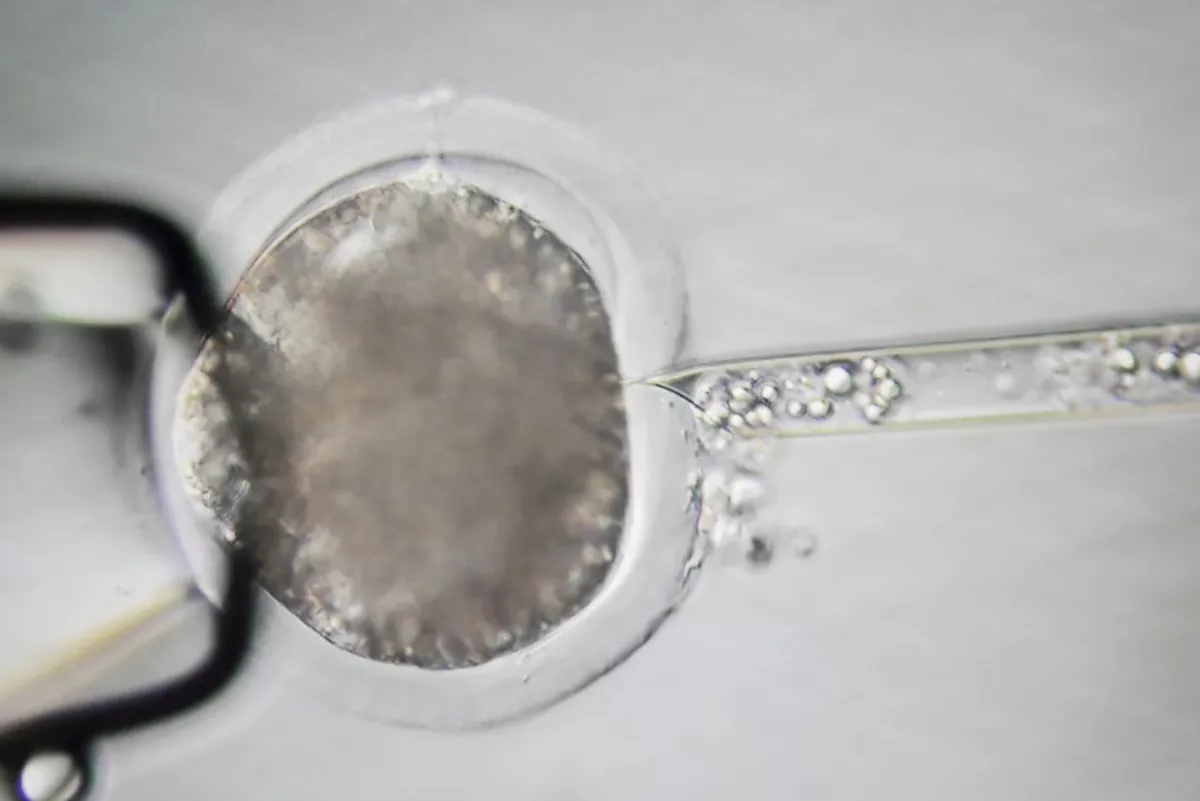Genetically-modified animals could be answer to organ donation shortage
A groundbreaking research farm in the American Blue Ridge mountains, home to gene-edited pigs, is paving the way for the future of organ transplantation. These pigs, raised under strict biosecurity protocols, are part of a monumental effort to address the critical shortage of human organ donors by carrying the "desired" genetic modifications for animal-to-human transplantation.
Visitors to the farm must undergo rigorous decontamination processes, including vehicle washing, clothing changes, and boot disinfecting, to protect these precious animals. The AP news publication was granted exclusive access to the medical research facilities in Christiansburg, Virginia, where a new herd of pigs are being bred for formal studies on the transferring of organs from animals to humans. This $75 million facility, designed to meet FDA standards, ensures the pigs are protected from environmental contaminants through ultra-filtered air and water and disinfected feed.
Revivicor, a leader in this field, developed the first gene-edited pig organs successfully transplanted into humans. Although initial “compassionate use” transplants to terminal patients —two hearts and two kidneys—did not result in long-term survival, they provided critical insights to researchers. Now, the FDA is reviewing experiments in baboons and human cadavers to determine the next steps for clinical trials. Only last month a 53-year old grandmother from Alabama became the world's first living person to get a kidney from a genetically modified pig when the FDA granted her case an exception to their guidelines on clinical studies.
These gene-edited pigs are engineered to be more human-compatible, overcoming immune rejection and infection risks. Revivicor’s genetic modifications began with deleting the alpha-gal sugar gene, which triggers a strong human immune response. Further advancements include 10 modifications, including both deleting pig genes and adding human ones that are aimed to together reduce rejection risks, prevent blood clots, and control organ size. Custom-grown to match recipients’ needs, these organs are free of the aging effects seen in human-donated organs.

The process begins in a lab, where scientists extract maternal DNA from pig eggs, insert genetic modifications, and stimulate embryo growth with electric shocks, a process very similiar to the one used in the first successful cloning of a mammal in 1996, Dolly the Sheep. Described by Ayares as “like playing two video games at the same time,” this delicate technique results in pigs with specific genetic traits. The first modified pig, the GalSafe, is now bred conventionally rather than cloned. If successful, future pigs with optimal gene combinations will also be bred for transplantation.
Xenotransplantation, the transplantation of living cells from one species to another, in this case animals to humans, offers a promising solution to the organ donor shortage, which results in hundreds of thousands deaths worldwide while waiting for a matching organ or tissue. Companies like Revivicor, eGenesis, and Makana Therapeutics are leading efforts to make pig organs viable for humans. As research progresses, the hope is that these specially engineered pigs will transform organ transplantation, offering a sustainable and life-saving alternative for patients worldwide.
By Nazrin Sadigova








